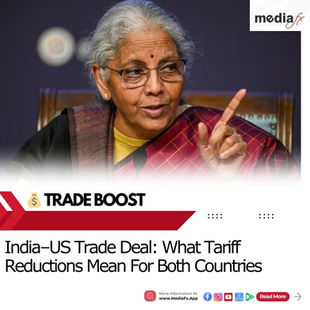📰 Bihar’s Silent Ballots: Why Voter Turnout Stays Low Despite Political Heat 🗳️🌾
- MediaFx

- Oct 31, 2025
- 2 min read
TL;DR:Despite being one of India’s most politically charged states, Bihar continues to record low voter turnout — often below 60%. Experts say it’s not apathy, but a complex mix of migration, mistrust, and missing representation that keeps the state’s electorate silent. 🚶♂️

What’s Happening?
Election after election, Bihar’s numbers tell the same story — massive crowds at rallies, but empty polling booths on voting day.
The state that gave India leaders like Jayaprakash Narayan, Lalu Prasad Yadav, and Nitish Kumar continues to struggle with low electoral participation, especially among youth and women.
According to recent data, over 30% of registered voters didn’t vote in the last Assembly polls.
Political scientists argue that migratory labour is a key factor — millions of Biharis work outside the state and cannot return home to vote due to cost and distance.
Others blame caste fatigue and broken promises, saying voters have lost faith that elections will bring real change.
In rural areas, voter intimidation and logistical hurdles — like long queues, inaccessible booths, and poor awareness — add to the problem.
Why It Matters
Bihar’s low turnout isn’t just a state issue — it’s a reflection of India’s uneven democracy.
Migrant workers, estimated at 1.7 crore nationwide, remain disenfranchised in practice even if registered in law.
Many say the Election Commission must introduce absentee voting or postal ballots for migrants, similar to soldiers and NRIs.
Analysts warn that when a large share of working-class citizens can’t vote, the political narrative tilts toward upper-class, non-migrant voters, distorting representation.
This creates a “feedback loop” — politicians focus less on labour welfare because those most affected aren’t voting.
Who Gains & Who Loses?
Gains:
Traditional Political Elites: Fewer migrant votes mean status quo politics continues, with the same caste and regional loyalties deciding results.
Losses:
Youth & Migrants: Denied a political voice despite being the backbone of Bihar’s economy.
Democracy Itself: Suffers from a widening gap between public sentiment and polling statistics.
The Bigger Picture
Bihar’s “silent voters” are not indifferent — they’re invisible victims of a broken system.
Until India reforms its voting logistics to include migrant and working-class voices, every election in Bihar will remain a partial democracy.
The state’s future depends not just on campaign speeches, but on whether its missing voters ever find a way back to the ballot box.
As one Patna tea-seller put it:
“We love politics — but what’s the point of shouting if no one hears our vote?” ☕🗳️













































